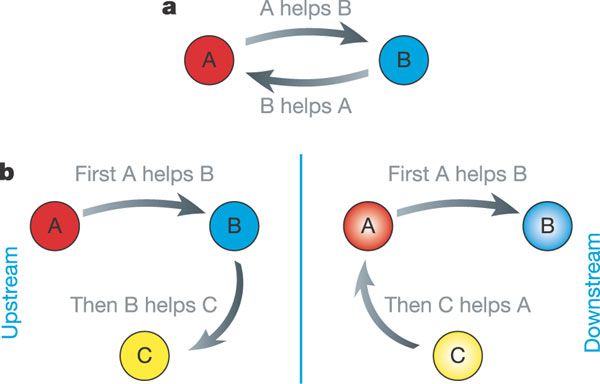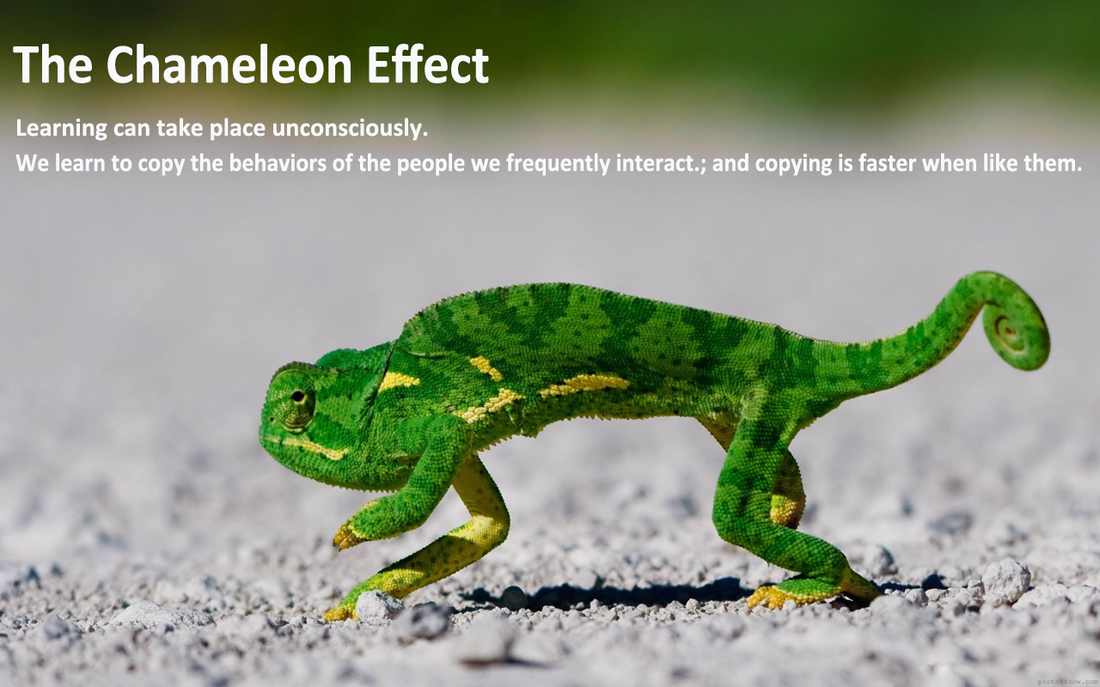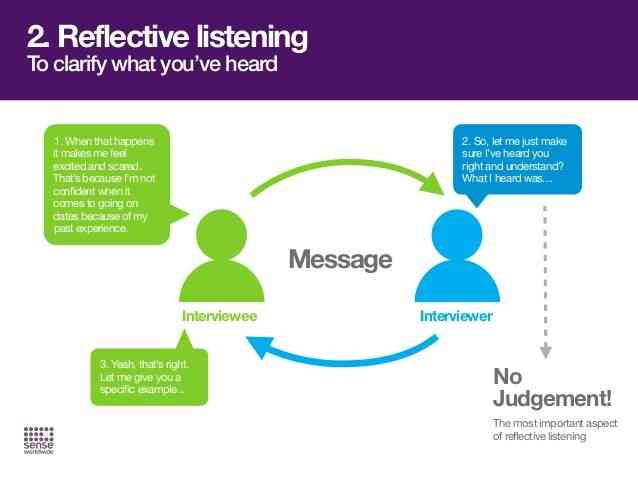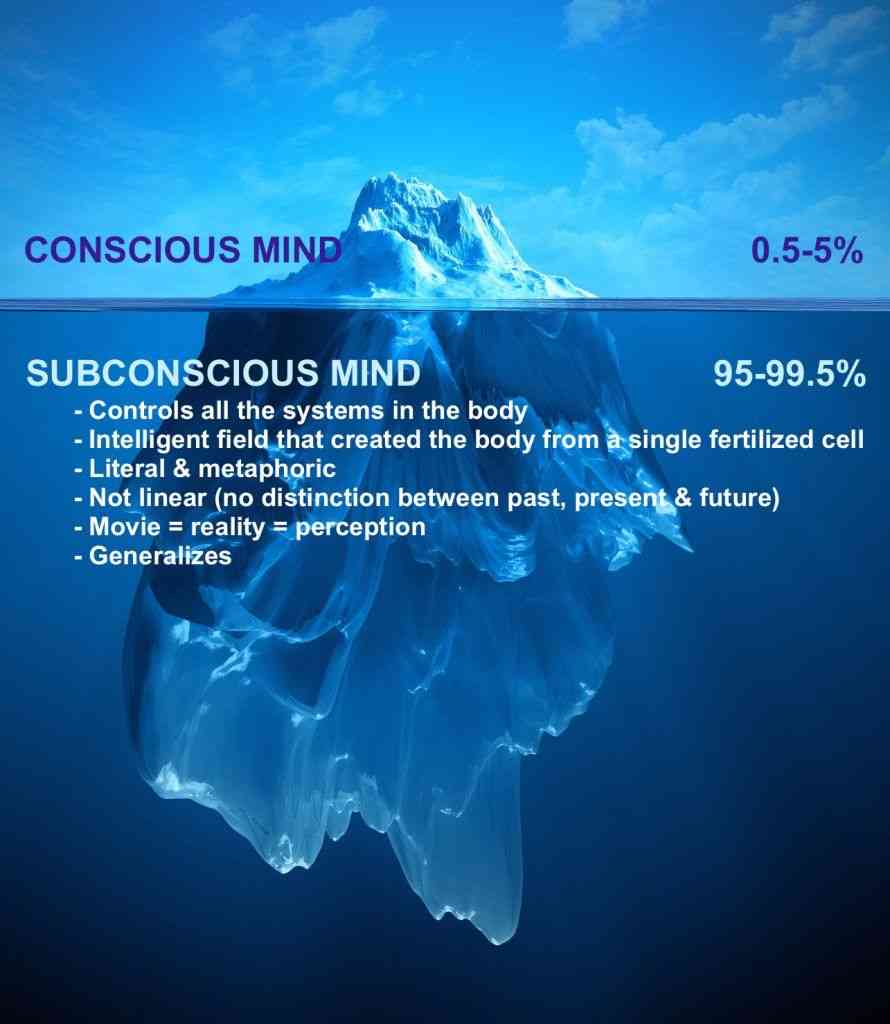Unconscious seduction
Several psychological tactics can be employed to our advantage. If executed correctly, they can play a significant role in our life.


As they become more cooperative if they erase words like “support” and “dependable” without being aware of the conscious effect of these words on changing them and pushing them to it.
Such means of influencing people are a kind of unconscious seduction, whose manifestations we see in all sights, smells, and sounds that can ignite already selected goals and motivations of these people.
Such influences may explain the mysterious facts behind behaviors and how our subconscious directs our actions and reactions as desired.
Reciprocal rule:
One way to get others to serve you is to do them a favor in return. When you help someone, he feels in return that he must give back and help you.

Benjamin Franklin effect:
If you want someone to become close to you, ask them well! When someone known for your sake causes them to think that you are entitled to this service and that they accordingly have to love you. Likewise, when you express your gratitude to him, and a sincere thank you for his favor, he will see that you are a person worthy of another known deed for him. Likewise, the person who harmed someone is likely to hurt him again.

Chameleon effect:
If you are looking to impress your potential boss or someone you have a passion for, or feel strange in a new environment, and want to feel integrated with them, try imitating those you would like to be accepted in their movements. The simulation effect is the most flattering method and makes the simulated others a more friendly and positive disposition towards the person who imitated them.

The unconscious mind records the person who sees you whose movements mimic that you understand it and that you have a common denominator. The person who is being simulated also behaves gently towards others, which are not included in the situation. Studies believe that this originates from that simulating the person gives him a feeling of acceptance and self-esteem and higher self-confidence than is reflected on others, especially the person I feel accepted and appreciated.
Take advantage of the fatigue of others!
An alert mind may lend your request some skepticism and reflection, while a tired person is likely to be less focused and rejected your request as he will accept what you say as fact, and will do what you ask later.
For example, if you plan to ask a co-worker to help with a project, it is best to ask him at the end of the working day when he is exhausted from today's tasks, as he does not have the mental energy to think about it or not.
Reflective listening:
That is, to paraphrase what the other person said, in this way, the other person sees that you understand him and offer your sympathy to him. And that when you listen to a person, and he replied to him what he said in the form of a question to make sure you understand it, this increases his comfort and listening to what you say and strengthens your friendship.

Psychotherapists use such a method as it increases people's tendency to disclose how they feel.
Use of words in the noun form, not the verb:
In a study in which people were asked one question but in two different ways. The first group was asked how important it is to vote in tomorrow's elections. The second group was asked about the importance of being voters in these elections.
The results indicated that the participants in the second group were more likely to vote in the elections. This can be explained by the need for others to feel a sense of belonging. Using words in the name formula strengthens their sense of identity.
Others panic to get what you need!
Here we do not advise you to intimidate others to achieve your goal, but understanding the hidden things of the soul may guide you to understand the way things are going, as this may happen with you, so be vigilant.
Research indicates that after people undergo stressful experiences, during which they experience anxiety, they are followed by a feeling of satisfaction that usually responds positively to their requests. In an experiment, people on the way were asked to complete a questionnaire. Hence, people who heard the sound of an invisible police whistle while crossing the street were more likely to complete the survey than others who had not listened to the whistle.
This may be since part of the brain was busy thinking about the potential danger they faced, leaving them little room to think about the demand before them.
Focus on what the partner may earn:
Research indicates that during negotiations, you should focus on what your partner is about to earn, rather than what he will lose. If you are trying to sell the car, you have to say, "I will give you my car for $ 1,000" instead of "I want $ 1,000 for the car."
Does our subconscious mind control us?
Sometimes the subconscious can amplify its effect compared to the conscious mind, where we cannot manage things we cannot reach, and remain active. Once these goals are achieved, they are extinguished.

Example:
During which students are required to remember unethical actions they took in their past as betraying a friend, or virtue as returning lost property. Students then had to choose a gift with either antiseptic wipes or a pencil. Students who called in the lousy act were two times more likely than others to select antiseptic wipes as if they wanted to cleanse their conscience.
Once they cleaned their hands, these students became less inclined to agree to volunteer their time to help school students in their graduation project. Once the goal was achieved and their hands became clean, there was a desire to suppress it.
It is possible to start a car automatically without using the keys. This information is useful and vital in understanding the unconscious mind, but it does not deny that there are keys to controlling the conscious mind or its usefulness.
Thank you for reading the article. I hope you enjoy. Please do not forget to subscribe to our newsletter.
Thank you.
-EnRi

